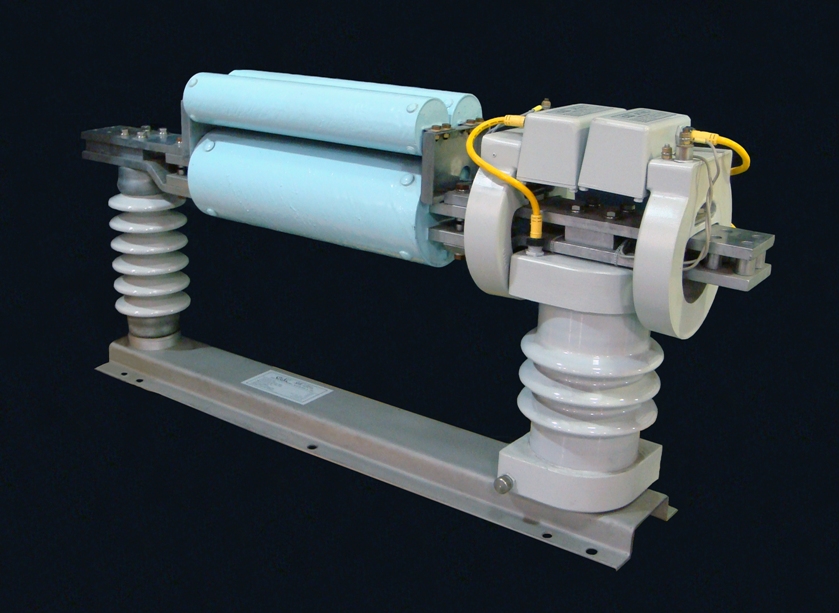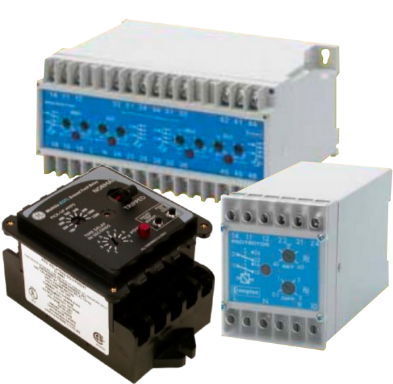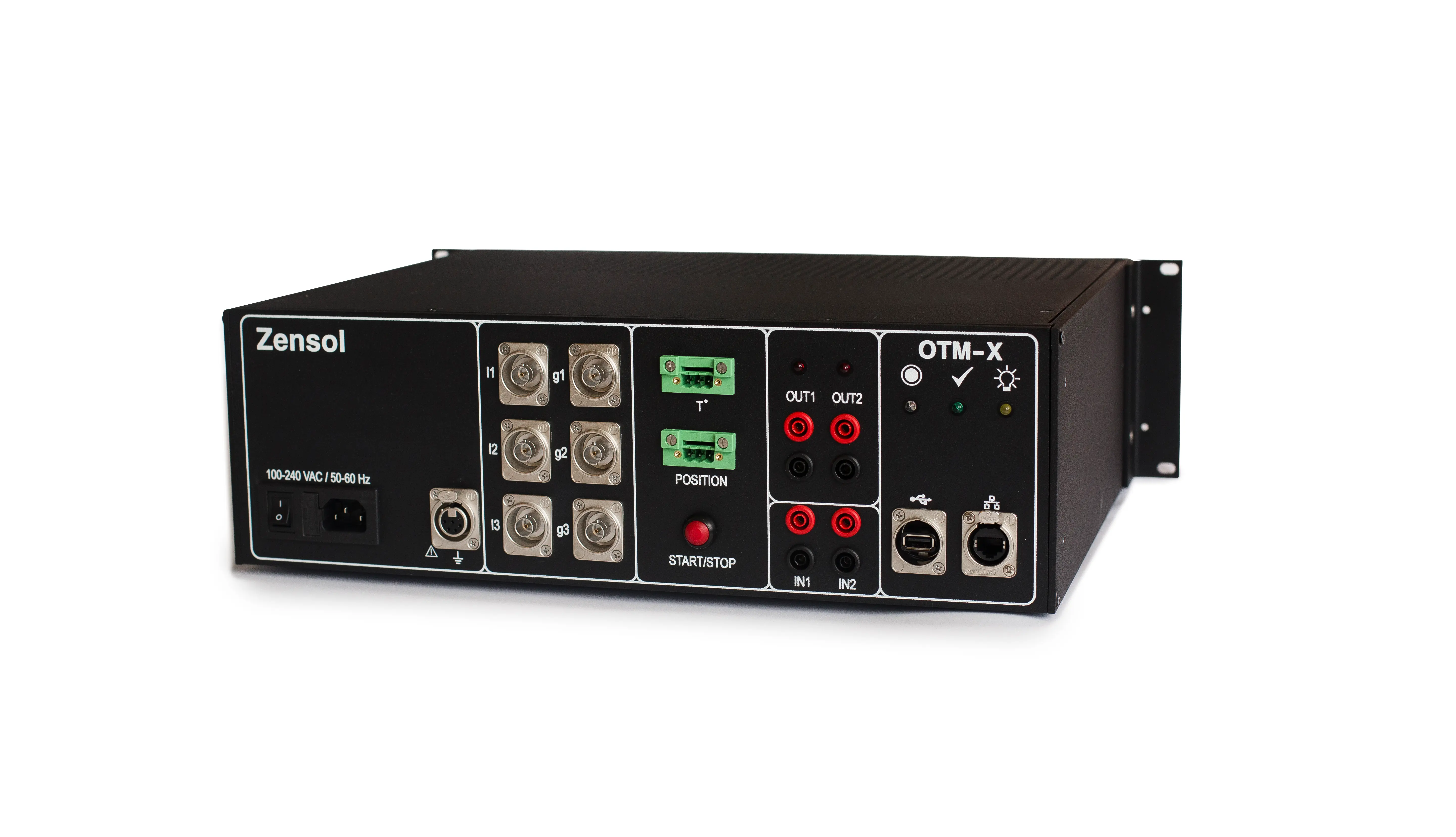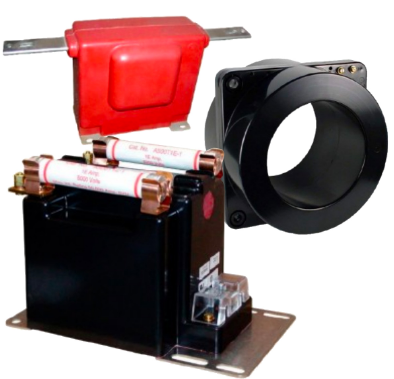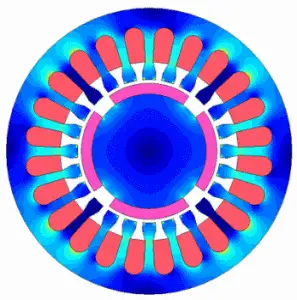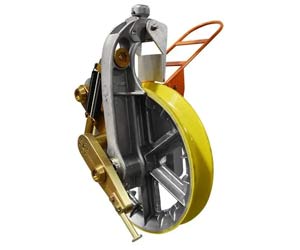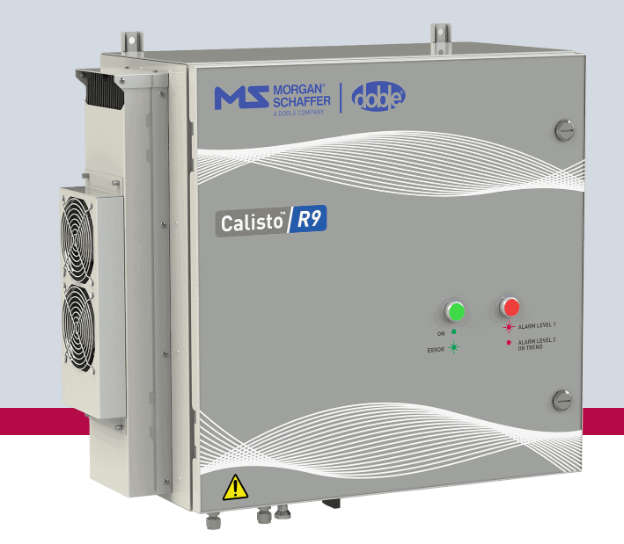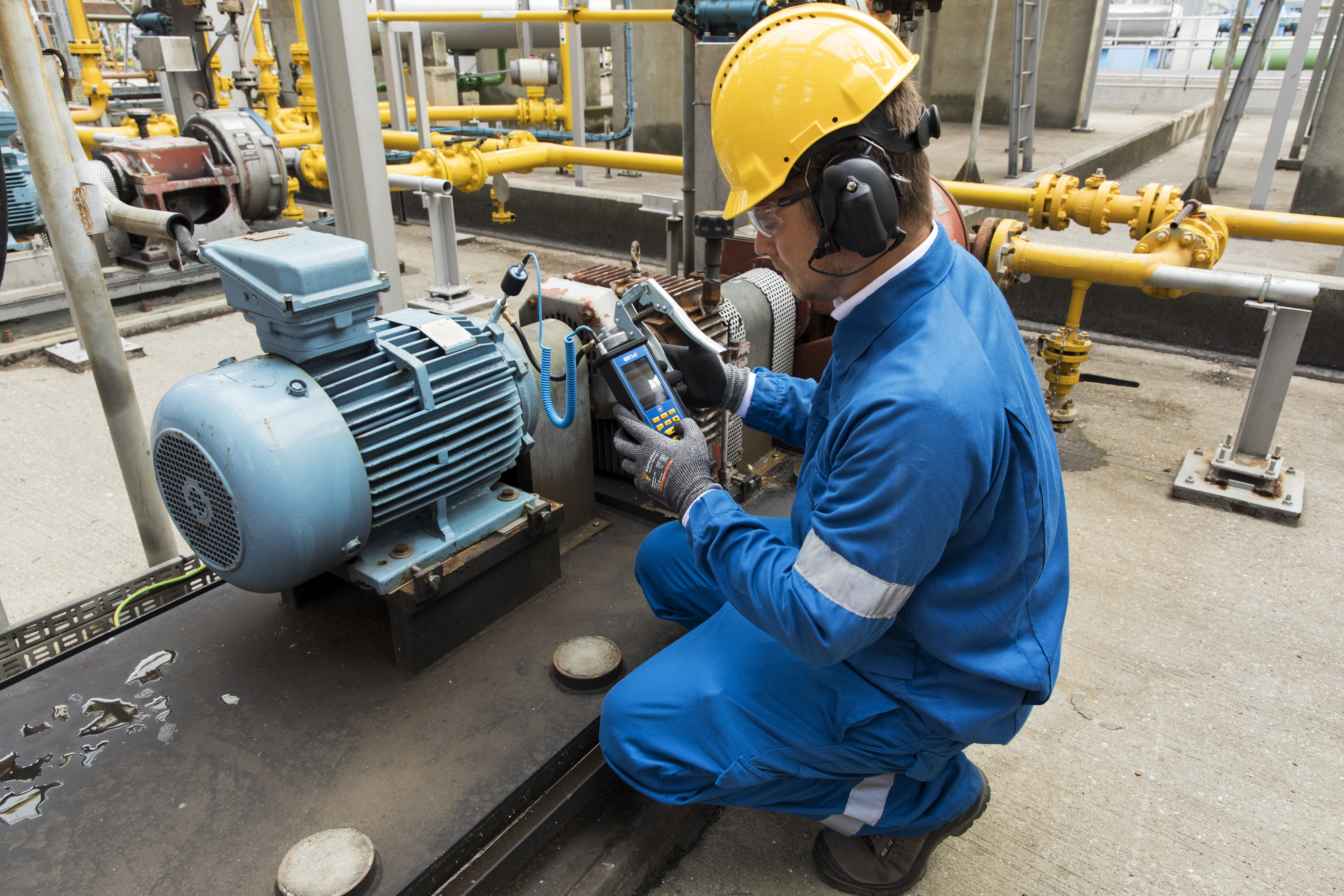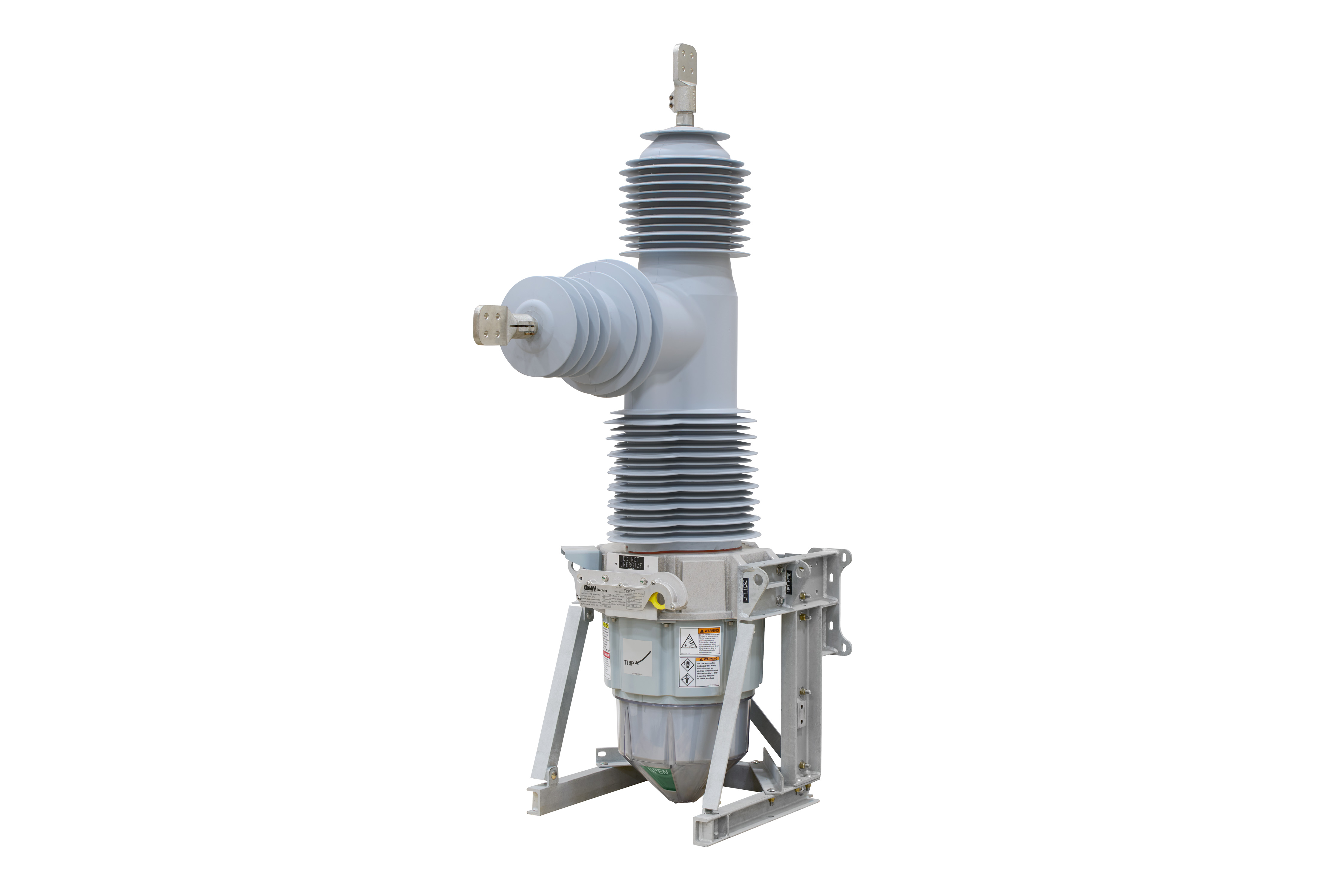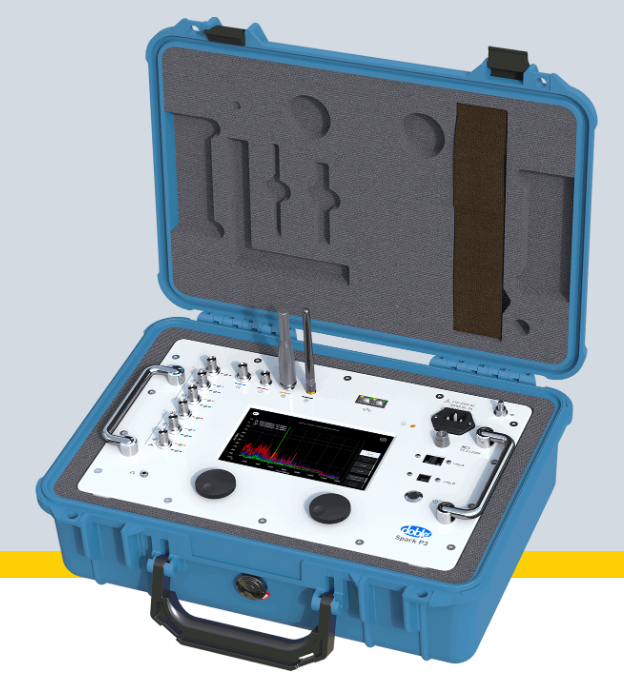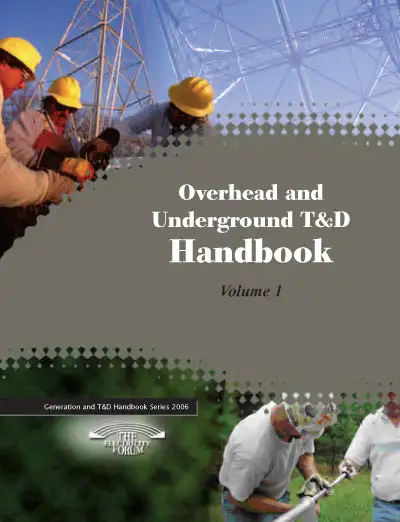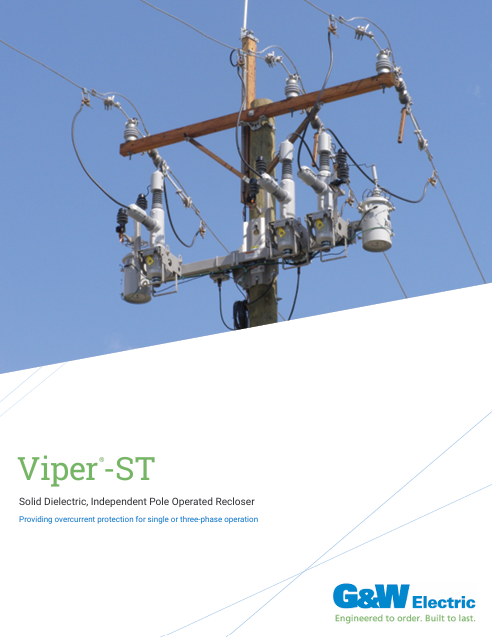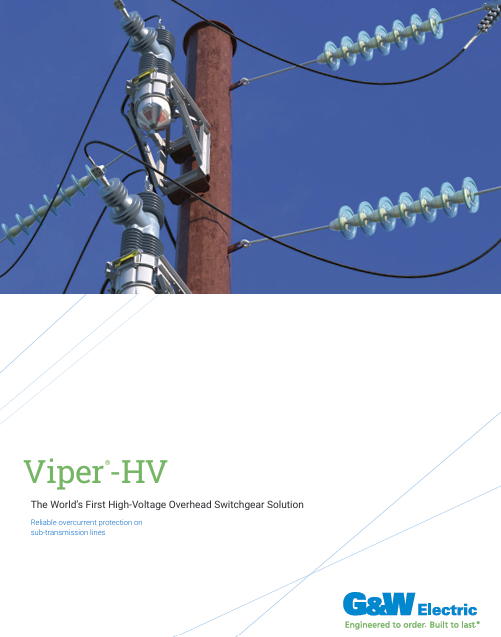Why Do We Need Energy Storage?
Why do we need energy storage? Energy storage is a critical technology for the transition to a clean energy future, helping to ensure a reliable and stable energy supply, reduce our dependence on fossil fuels, and improve the stability and reliability of the electrical power grid. Energy Storage also helps reduce energy costs for consumers, enabling new applications that were previously impossible.
There are several reasons why we need energy storage:
Supporting the integration of renewable energy: One of the main reasons we need energy storage is to support the integration of renewable energy sources such as wind and solar into the electrical power grid. Renewable energy sources are subject to natural fluctuations in supply, making it challenging always to meet energy demand. Energy storage systems help to address this issue by storing energy when it is abundant and releasing it when it is needed, thus ensuring a more reliable and stable energy supply.
Visit Our Energy Storage Training Course Page
Reducing reliance on fossil fuels: Energy storage can also help to reduce our dependence on fossil fuels. By storing excess energy generated from renewable sources, we can use this energy to meet demand during peak times, reducing the need for fossil fuel-powered plants. This not only helps to reduce greenhouse gas emissions and combat climate change but also helps to reduce our dependence on finite resources and reduce energy costs.
Improving grid stability and reliability: Energy storage systems can help to improve the stability and reliability of the electrical power grid. By smoothing out fluctuations in electricity generation and demand, energy storage can help to reduce the likelihood of power outages and blackouts. This is particularly important as our society increasingly depends on electricity for everyday activities, from powering homes and businesses to charging electric vehicles.
Reducing energy costs: Energy storage can help to reduce energy costs by reducing the need for new power plants and transmission and distribution infrastructure. By storing energy and releasing it when needed, energy storage can help reduce the need for expensive peak power plants, typically only used a few hours a day. Additionally, by reducing the need for new transmission and distribution infrastructure, energy storage can help lower the overall electricity cost for consumers.
Enabling new applications: Energy storage can also help new applications that were previously not possible, such as electric vehicles and residential solar power. Electric cars can be charged with electricity generated from renewable sources and stored in batteries for later use. In contrast, residential solar energy can be stored in batteries at night or during peak demand.
On-Site Training
Interested in cost effective, professional on-site electrical training?
We can present an Electrical Training Course to your electrical engineering and maintenance staff, on your premises, tailored to your specific equipment and requirements. Click on the link below to request a Free quotation.
EF PARTNER MEDIA
Product Showcases
Shared Media

